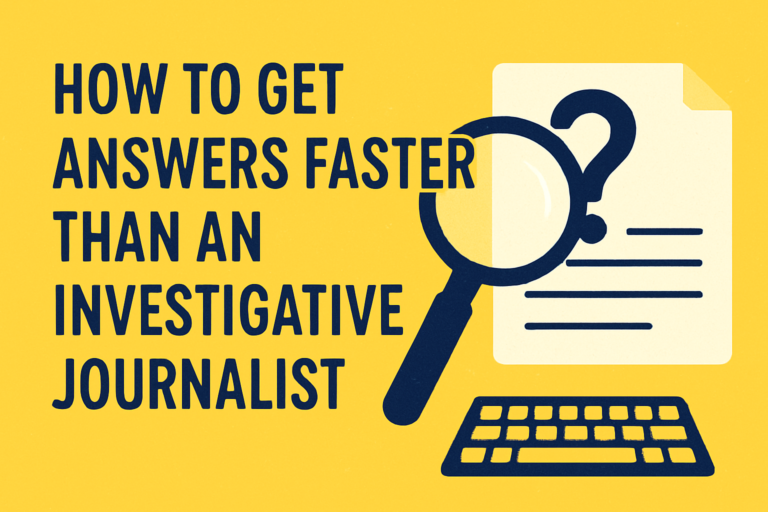
Imposter syndrome refers to a psychological pattern in which an individual doubts their accomplishments and has a persistent internalized fear of being exposed as a fraud.
Down to the basics;
In our society, it has gradually become the norm for every hard-working person out there to attribute his or her success to either luck or to a Higher Power. From our cradle bed, we are ingrained with an excessive dose of modesty, so much so that we outrightly deny or devalue the efforts and part we played in our own success. This is particularly more applicable to women. However, the excessive feeling of modesty may be detrimental and lead one to develop the imposter syndrome.
Quoting Amy Cuddy “Most everyone experiences fear that they don’t belong, that they’re an imposter. You’re not alone in that feeling. And you do belong here”
Starting a Career;
Faith is a newly-recruited associate at the Distressed Debt Group of Goldman Sachs. At 24, you could say Faith had done well for herself. Faith graduated top of her class, she shortlisted for the interview with Goldman Sachs, after she applied. The crowd on the day of the interview had been too much, so much so that Faith had gone home totally convinced that there was no hope for her to secure a spot.
Two weeks after the interview, Faith received a congratulatory email welcoming her on board as a newly-recruited associate, alongside 79 other new recruits our of 3,481 applications. Faith was overjoyed and filled with mixed feelings. Would she be able to cope with her new job, after all this was the renowned Goldman Sachs; the leading firm in investment banking.
The one-month intensive training ended. It was conducted to gauge the strengths and weaknesses of the new recruits and thus assign each to the department that could maximize their strengths.
Faith alongside two other recruits was assigned to Distressed Debt group; the hardest group to crack and join in Goldman Sachs. When Faith heard that from her training manager, her thoughts ran awol. Has there been a mistake? How could I possibly be offered a position in distressed debt? This group is for intelligent people and I’m not intelligent enough. I bet I won’t last a week in here. What if they fire me in less than three days? This is all a joke? What do I do now? Yet, as Faith watching the two other male recruits high-five each other and confidently sign the offer letter, she was forced to squash her inner thoughts and sign hers as well.

The climb;
Three months down the line, Faith was still working at Goldman Sachs. At the end of her sixth week, she had closed her first major deal. In the month following her sixth week, she had closed two deals, even though her two colleagues had only managed to close one each. The Vice President of the company who was also the head of the distressed group told Faith that she was a real asset to the group, yet Faith still doubted herself and expected to be fired every moment of every day.
At the end of each year, whenever it came to filling her performance review, Faith always settled for a 3 on a scale of 1-5 (where 1 meant significantly below expectation, 2 meant slightly below expectation, 3 meant meets expectation, 4 meant slightly above expectation while 5 meant significantly above expectation) because she felt anything higher would be pompous.
Something is wrong;
She finally realized something was wrong with her when the Goldman Sachs partner who was in charge of evaluating reviews and communicating bonuses informed her that for three consecutive years, she’d given herself the worst reviews, whereas other associates had all rated her a 5 on the same scale. He stressed that every other person but herself had noticed and appreciated her 3-year slog of work and long work hours. Couldn’t she try to recognize and appreciate her own efforts more? Somewhere in her heard she always felt that she did not fit in this environment with very smart people. She worked hard to dress and act the part hoping no one would realise this. She overcompensated by speaking too much in meetings, working late into the night. All in the bid to create an impression. Reading a blogpost online she noticed every description of the subject in that article seemed to relate to her. It was a story about Imposter syndrome. It slowly dawned on Faith that she might have the imposter syndrome.
As Faith left his office that day, she started to read more and research about imposter syndrome. she decided to begin the journey to reprogram her mind for a more confident her.
Addressing Imposter Syndrome;
Firstly, she began to learn how to attribute her success to herself. To do this, she always reminded herself how she contributed to her success; the long hours she had to put in and the caution she exercised while carrying out the tasks. She even began to make out a little time to celebrate after reaching each milestone.
Faith started working on that habit of constantly comparing herself. This was the second step towards overcoming the imposter syndrome. This Included comparing herself with colleagues that she was recruited with. She began to realize that just as her name differs from theirs, that her journey and destination also differs from theirs. Faith was working at being made vice president in 2 years. She aimed to become a partner in less than 12 years. Do her colleagues have the same dreams?
So instead of focusing on what strengths and advantages others had over her and being forced to compete with them, Faith began to focus on improving herself, rather than proving herself. She wrote down notes on where she needed to shore up, pasted stick-it notes of her goals and the steps to achieve them on her bathroom mirror where she could see them while brushing each morning. Even while improving on herself, she found little ways to make it fun and lively for her. Making it seem like a chore would have brought her back to where she started out from and Faith couldn’t imagine going back to the hellhole had mind had created for her after tasting absolute freedom.
Addressing yourself;
Faith’s third step towards overcoming the syndrome was to accept that she was human and a work in progress. Previously, she would beat up herself for any little mistake, even those that were obviously beyond her control.
She dressed up each day perfectly straightened without crease. Hair and fingernails had to be sleek and well-groomed. Her house, wardrobe and kitchen must be gleaming and well-arranged. She followed a strict diet in order to maintain her shape and any lapse in her perfect life would make her question her worth. But now, Faith consciously learnt to live a little. Everyone makes mistakes because mistakes are a part of the learning process. She figured that the important thing was to learn from those mistakes and grow with it.
Lastly, Faith gradually learnt how to fail better. She wasn’t perfect; had to learn how to accept her imperfections. She wouldn’t always be able to close all her deals at work, but she could learn to fail better. She learnt to accept that some failures are inevitable and that the only way she could overcome these failures was by reflecting on them and learning from the experience.
Conclusion;
Everyone experiences the imposter syndrome at one point or another in life. You could be at this phase right now. If you are, remember one thing. It is just a phase, but you can consciously overcome this phase by learning to attribute your success (or at least, a significant part of it) to yourself. Don’t beat up yourself too much when you fail – Since some failures are inevitable, you only have to learn to fail better. Never compare yourself to others; you are on a different journey with a different destination. You are a work in progress; why not own it and live it? And while trying to overcome this phase, remember to have fun doing so. You only live once, so have fun while living your life!!!
Read More: How to Start a Career Change.



